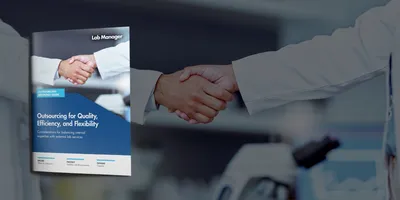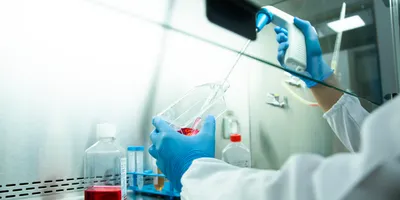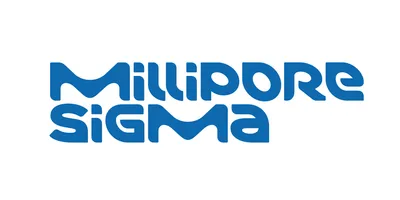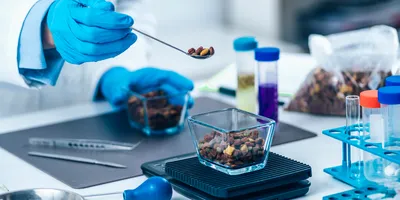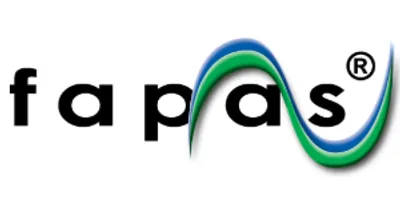Becoming a new mother can be stressful enough when there’s not a pandemic affecting every aspect of our lives. Many of us, not just new mothers, have concerns about mothers and babies being exposed to SARS-CoV-2, the virus that causes COVID-19. According to a recent survey of 2,000 people by Ohio State University’s Wexner Medical Center, roughly half of respondents had concerns about expectant mothers and new moms and babies being out in public during the outbreak.
But can the virus pass to an infant through breastmilk or the act of breastfeeding itself? Current, limited research indicates this is not likely to happen, but as with many questions surrounding the virus, we don’t yet have a definitive answer.
Researchers recently funded by the Bill & Melinda Gates Foundation aim for more clarity on the issue, hoping to provide at least an initial answer within the next two months. Scientists at the University of Idaho (U of I) and their collaborators at New York’s University of Rochester received $315,000 in funding to test breastmilk samples for the COVID-19 virus, hoping to provide better guidelines for breastfeeding mothers who test positive for the virus.
They are recruiting lactating mothers from all over the US who have been diagnosed with COVID-19 within the last 48 hours or who are currently waiting for test results.
Current research on the topic has not yet conclusively shown that human milk contains the virus, according to both the US Centers for Disease Control and Prevention (CDC) and Shelley McGuire, one of the U of I scientists who will be running the study on COVID-19 and breastfeeding.
"The question is whether the novel coronavirus is in mothers' milk, and whether it can infect infants," she said in a press release. "We just don't have a study yet that can provide a reliable answer. I really hope the virus isn't in milk, but hope doesn't make for good science."
The study also aims to provide more insight into whether human milk can protect babies from COVID-19.
Current recommendations for breastfeeding during COVID-19
Given the many benefits of breastfeeding to mothers and their babies, health authorities recommend that even COVID-19 positive mothers continue to breastfeed if they are able to. But each organization has slightly different advice.
Advanced Lab Management Certificate
The Advanced Lab Management certificate is more than training—it’s a professional advantage.
Gain critical skills and IACET-approved CEUs that make a measurable difference.
While initially recommending that COVID-19 positive mothers be separated from their babies after birth, the CDC now advises that clinical teams work with the mother to make this decision on a case-by-case basis. The World Health Organization (WHO), on the other hand, states that “a woman with COVID-19 should be supported to breastfeed safely, hold her newborn skin-to-skin, and share a room with her baby.”
For those feeding their babies expressed milk, the CDC recommends babies be fed by a non-infected caregiver as much as possible, while the WHO recommends feeding babies expressed milk only if the mother is too sick to breastfeed. Both organizations advise being even more careful about cleaning and disinfecting bottles and breast pump components as well as wearing a mask when breastfeeding and being extra stringent about washing hands and cleaning and disinfecting surfaces.
Could breastmilk antibodies help fight COVID-19?
Other research is underway to determine if antibodies could be isolated and purified from the breastmilk of infected mothers as a treatment for the illness, similar to treatments currently in development using infected patients’ blood. That doesn’t mean that adults should start buying breast milk online to drink, said Rebecca Powell, an assistant professor at Mount Sinai’s Icahn School of Medicine who is running a study on COVID-19 antibodies in breastmilk.
“I don’t recommend anyone to buy bodily fluids online and ingest them,” Powell recently told Forbes in an article on her work. “Any bodily fluid can also carry other illnesses. I’m talking about purifying specific antibodies from the milk and using [them] therapeutically.”
According to Forbes, as of Apr. 24, Powell already had 900 lactating mothers volunteer for her current study and, though she hopes to find helpful results much quicker, plans to continue the research for at least the next two years. She also told the publication that her early results revealed “COVID-19-specific antibodies in the milk” but that “these experiments need to be reproduced.”
Other groups, including the Larsson-Rosenquist Foundation Mother-Milk-Infant Center of Research Excellence at the University of California, San Diego are also exploring whether or not human milk could be used as an antiviral therapy for SARS-CoV-2. Like the U of I/Rochester team, the UCSD group is also exploring whether the virus can be passed through breastmilk and if it protects infants from becoming infected.
Based on what we know so far, breastfeeding mothers should have nothing to fear from continuing to nurse their babies, and, if they want to participate in any of the research going on around the country, they could even play a key role in the development of treatments for COVID-19. That’s just one more reason to show mothers some extra love this Mother’s Day.




